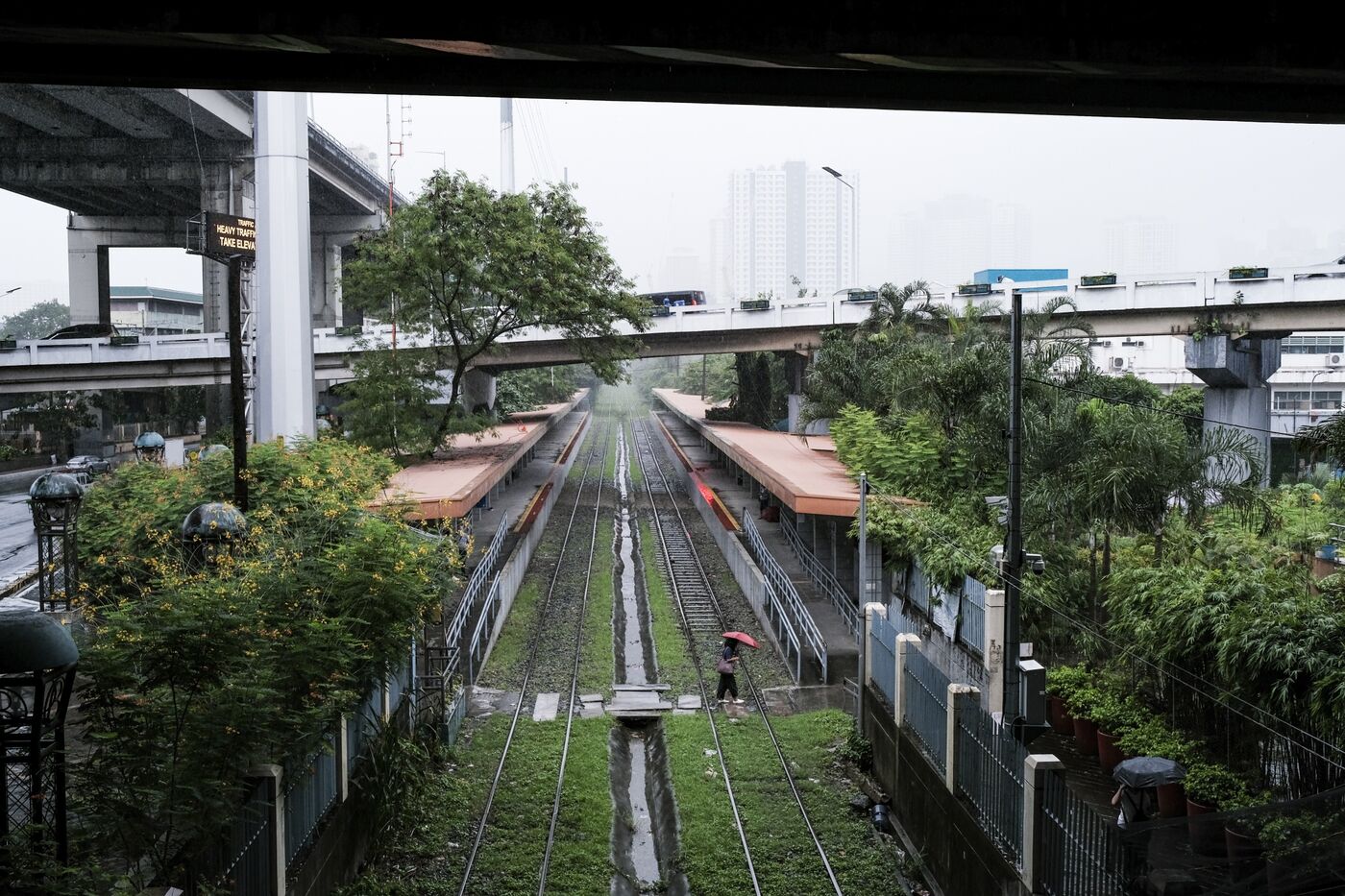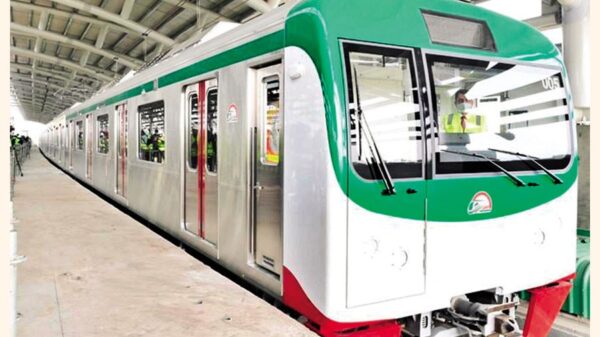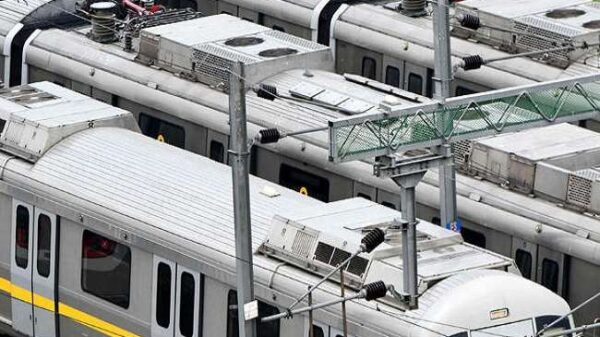PHILIPPINES: The Philippines has made a significant decision to no longer pursue Chinese loans to finance three pivotal railway projects worth over $5 billion. Instead, the country is in discussions with other Asian nations to secure alternative funding arrangements. This move reflects the government’s shift in strategy after perceiving a lack of interest from China in advancing these crucial infrastructure endeavors.
Transportation Secretary Jaime Bautista, in an interview at his Manila office, stated, “We saw that China appeared to be no longer interested, so we’ll look for other partners.” China had initially agreed to fund these three railway projects, situated outside the Philippine capital, during the administration of President Rodrigo Duterte, who aimed to strengthen ties with Beijing. However, under the leadership of President Ferdinand Marcos Jr., these agreements were reviewed due to the lack of progress from the Chinese side.
Last month, Finance Secretary Benjamin Diokno formally informed Chinese Ambassador Huang Xilian that Manila is no longer inclined to pursue Chinese financing for the first phase of the Mindanao Railway Project, valued at 81.7 billion pesos ($1.4 billion). This railway system, spanning 100 kilometers and traversing Duterte’s southern home region of Davao, was a crucial infrastructure project. The decision to turn to other sources of financing may potentially delay the projects, which are essential to the Philippines’ infrastructure push aimed at stimulating economic growth. Some of these projects were initially scheduled for completion as early as this year.
Transportation Secretary Bautista revealed that there are “at least two Asian countries” expressing interest in supporting the Subic-Clark freight railway and the proposed long-haul commuter railway project on the main Luzon Island. However, he refrained from disclosing their names, as discussions are still in their preliminary stages.
The Philippine government is also exploring the option of funding these projects independently or in partnership with multilateral lenders and private companies. The decision to abandon Chinese loans coincides with rising tensions between Manila and Beijing in the disputed South China Sea. Recent incidents, where vessels from both countries collided during the Philippines’ attempts to resupply a World War II-era ship reinforcing its territorial claims, have raised concerns.
Transportation Secretary Bautista, while noting the stalled Chinese loan agreements, refrained from attributing the decision solely to geopolitical tensions. He expressed a willingness to welcome Chinese financing for other infrastructure projects, stating, “There are a lot of projects that they can support if they want to.”










